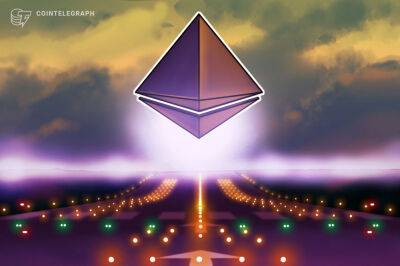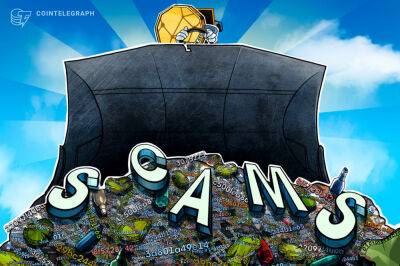Public blockchain KuCoin aims to solve high gas fees on Ethereum
Decentralized finance (DeFi) is booming. But despite the fact that Ethereum (ETH), arguably, the main accelerator of DeFi, achieved its goal of becoming the world’s most programmable blockchain, its widespread usage has also highlighted the network’s greatest weakness –– scalability. Congestion has become commonplace on the network, resulting in high gas fees, making it impossible for projects to run microtransaction payments on Ethereum.
Recognizing the limitations this presents, the DeFi space has actively sought out alternatives, with a direct correlation seen in the rising adoption of on-chain bridge technology. With this model, transactions on an expensive network like Ethereum could be routed through a cheaper network with a bridge, enabling cheaper transaction costs. The result is that the world might be introduced to a more efficient space with carefully crafted bridging technologies, one where once isolated blockchains are now connected to ensure use cases are not limited by network scalability.
A combined effort between KuCoin and the community built around KCS, their native token, addresses these efforts by creating a high-performance blockchain, KCC.
KuCoin exists as a well-known exchange recognized as an offering for the people. In comparison, the developer community of the KCS ecosystem originated with the KuCoin community and KCS holders. Together, these teams are putting their knowledge into releasing the KCS white paper.
The white paper outlines how high gas fees on Ethereum can be addressed through a larger ecosystem. In this ecosystem, several different projects and platforms, including DeFi, NFTs, games and Web3-related application projects, will be aggregated to increase the number of scenarios for KCS,
Read more on cointelegraph.com























